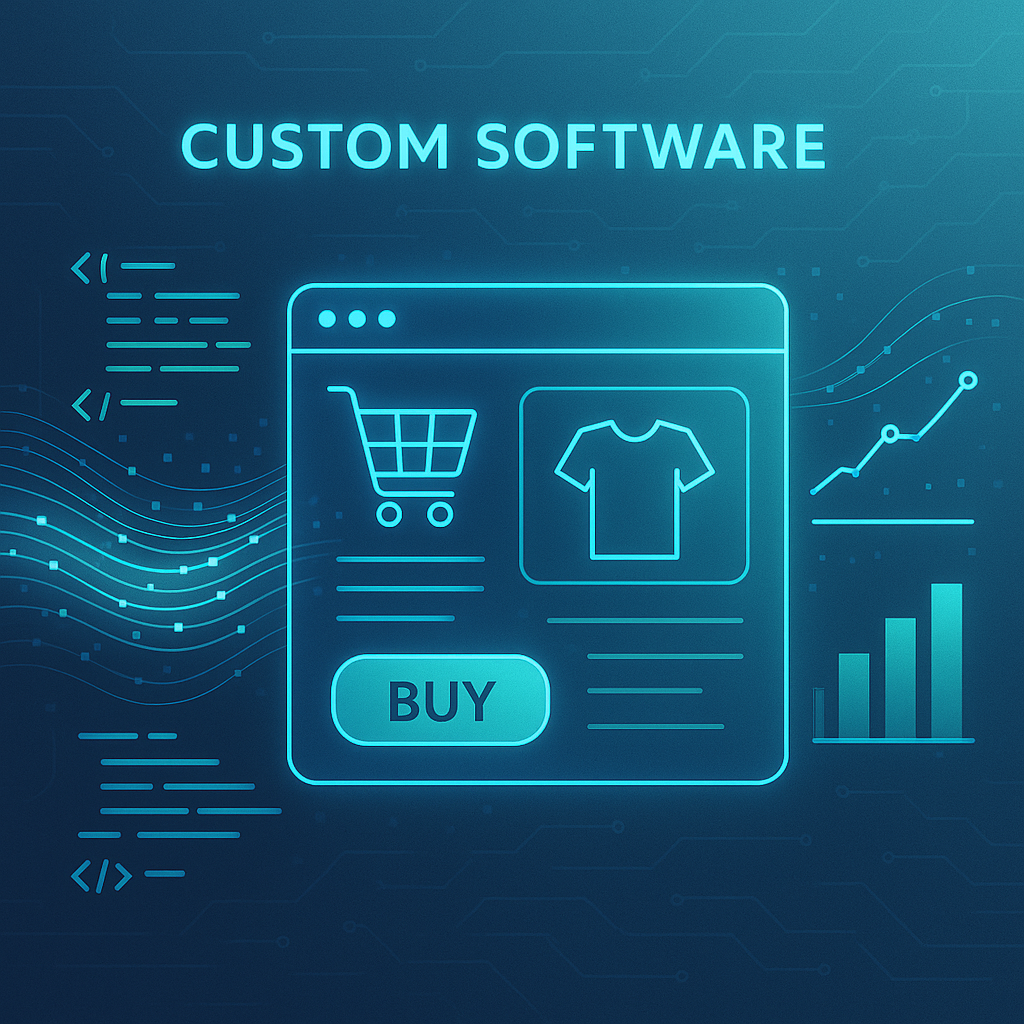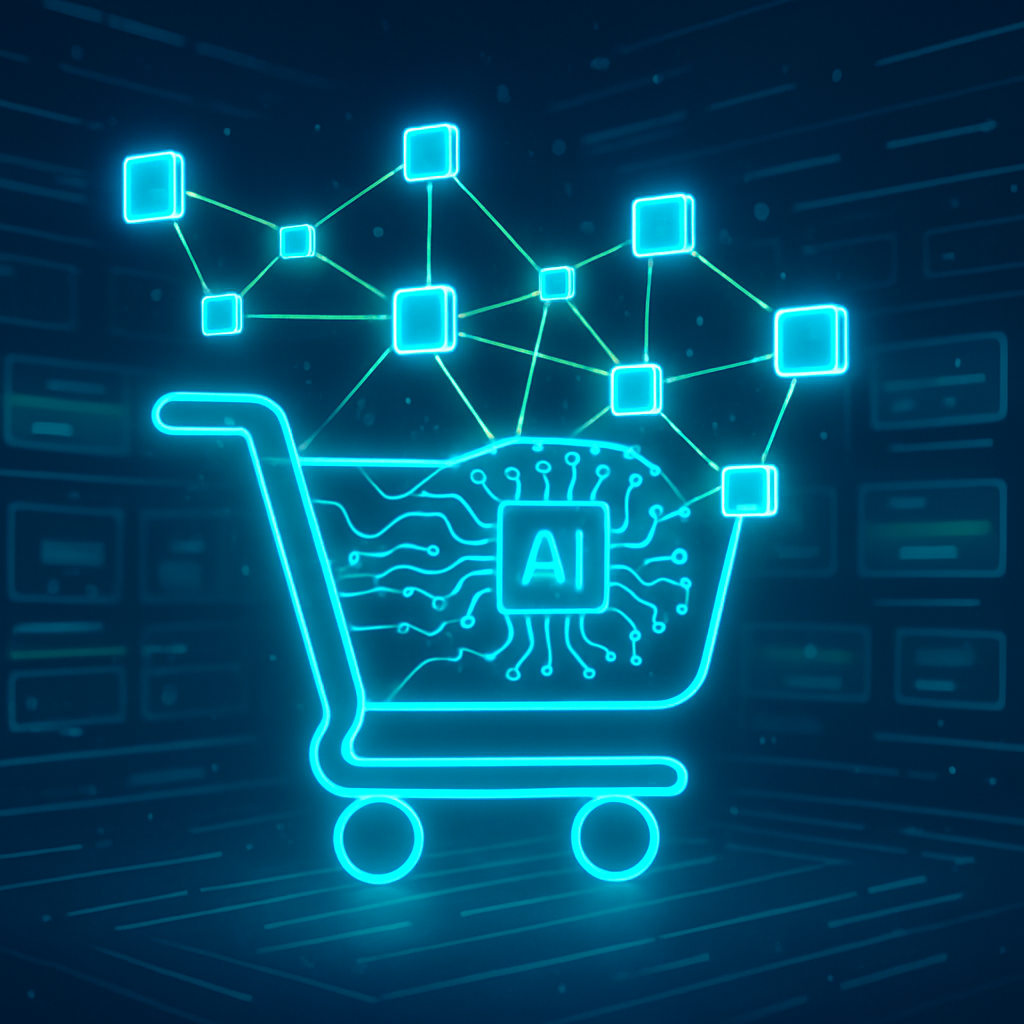
How Custom Software Applications Revolutionize E-Commerce Efficiency and Customer Experience
The Evolution of E-Commerce: Meeting Modern Expectations
In the rapidly evolving digital marketplace of 2025, e-commerce has transcended traditional online shopping to become an experience-driven industry. Customers now expect seamless, personalized, and efficient interactions, and businesses are tasked with meeting these rising demands while optimizing their internal operations. custom software applications have emerged as a pivotal force, enabling e-commerce enterprises to tailor every facet of their platform to these modern needs.
Why Off-the-Shelf Solutions Fall Short
Prebuilt e-commerce platforms provide quick entry points, but their generic nature often limits customization and scalability. They can struggle to integrate unique business processes, leading to inefficiencies and a one-size-fits-all customer experience. As competition intensifies, businesses are recognizing that distinctive software solutions offer substantial advantages over standard tools.
Custom Software Applications: The Next Frontier in E-Commerce
Streamlining Operational Efficiency
Custom software empowers e-commerce companies to automate and optimize workflows across inventory management, order fulfillment, and customer support. For instance, a handcrafted inventory system can synchronize real-time stock levels with multiple sales channels, minimizing overselling and stockouts. Furthermore, integrated order processing modules tailored to a company’s logistics network reduce delays and errors, boosting operational throughput.
Enhancing Customer Experience Through Personalization
One of the defining features of custom applications is their ability to leverage data-driven personalization at a granular level. Rather than relying on generic recommendation engines, bespoke software can analyze multifaceted customer behaviors, preferences, and purchase histories to curate tailored shopping experiences. This ranges from dynamically adjusting product displays to customizing promotions and delivery options—elements that build loyalty and increase conversion rates.
Flexibility and Scalability for Sustained Growth
As e-commerce ventures scale, their technology must adapt without compromising performance. Custom software solutions are built with future growth in mind, enabling seamless integration of new features such as advanced AI-driven chatbots, complex subscription management, or international taxation modules. This flexibility ensures that businesses remain agile amidst evolving market trends and customer expectations.
Innovative Real-World Examples
Case Study: Virtual Try-On Solution for Apparel Retailers
A rising fashion e-commerce brand implemented a custom augmented reality try-on feature integrated directly into their platform. This bespoke application enhanced customer confidence and reduced returns by providing a realistic visualization of garments on individual users—a capability unattainable through off-the-shelf solutions. The result was a 30% increase in engagement time and a 15% boost in sales conversion.
AI-Powered Dynamic Pricing Engine
An emerging electronics marketplace developed a custom pricing algorithm that analyzes competitor pricing, inventory levels, and demand signals in real-time to optimize product prices. This highly responsive pricing application enhanced profit margins and market competitiveness while adapting to fluctuating supply chain conditions.
Future Trends: Custom Software Meets Emerging Technologies
Looking ahead, the fusion of custom software with technologies such as blockchain, advanced analytics, and immersive virtual environments promises to further transform e-commerce. Examples include personalized NFT loyalty programs, transparent supply chain tracking, and fully virtualized shopping worlds designed bespoke for niche markets.
Conclusion: Pioneering a New Era in E-Commerce
Custom software applications are not merely tools—they are catalysts for e-commerce innovation. By enabling tailored efficiency enhancements and hyper-personalized customer experiences, they empower businesses to differentiate themselves in an increasingly saturated digital marketplace. As 2025 unfolds, the ability to design and deploy bespoke software will distinguish the e-commerce pioneers shaping the industry's future landscape.






